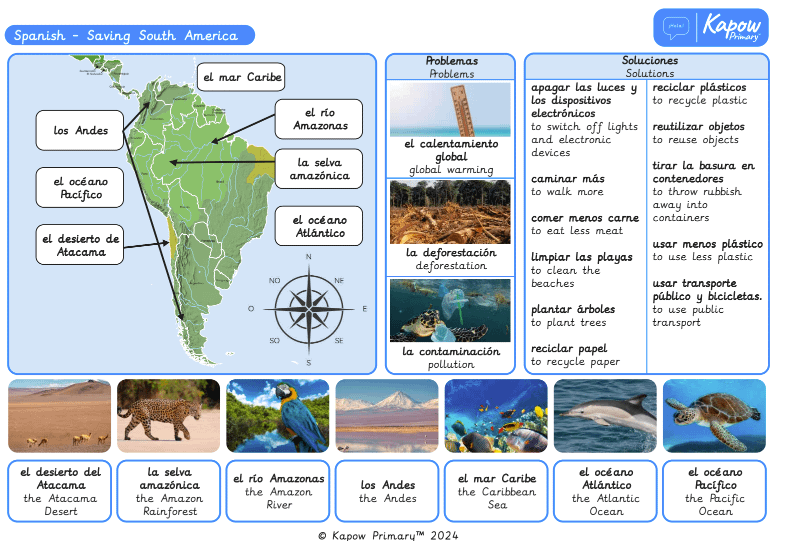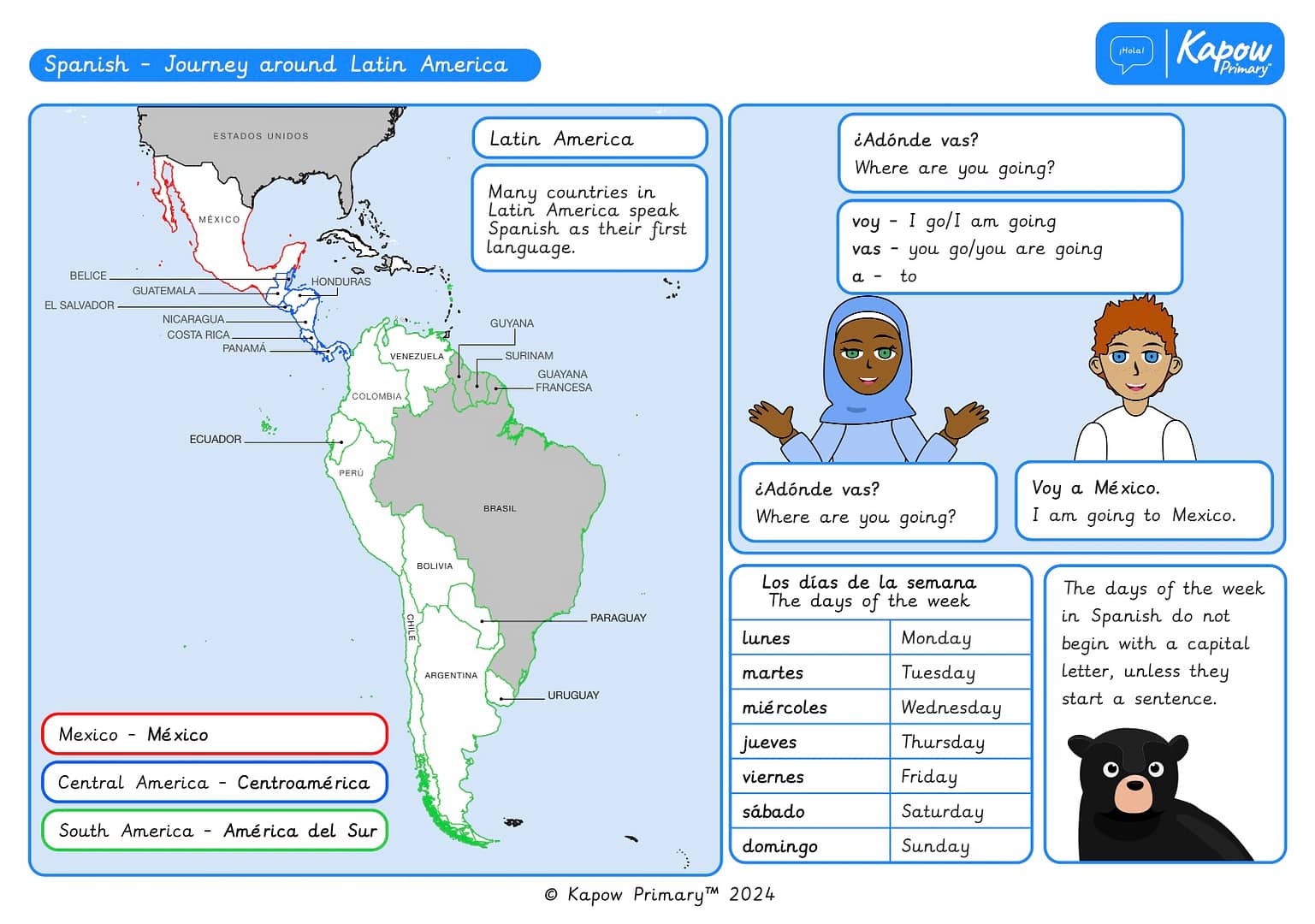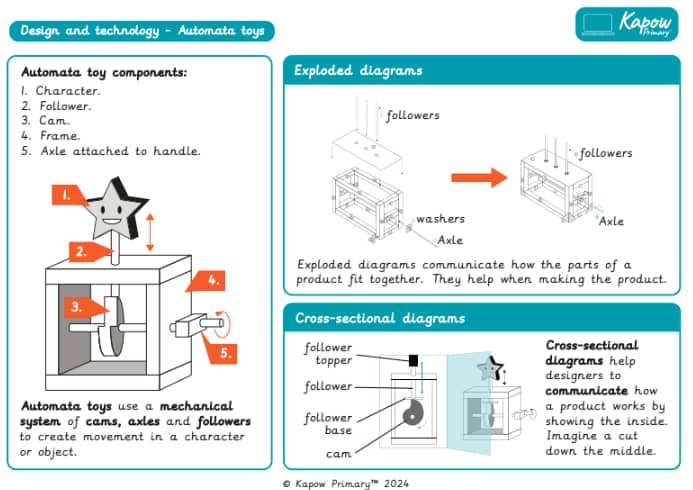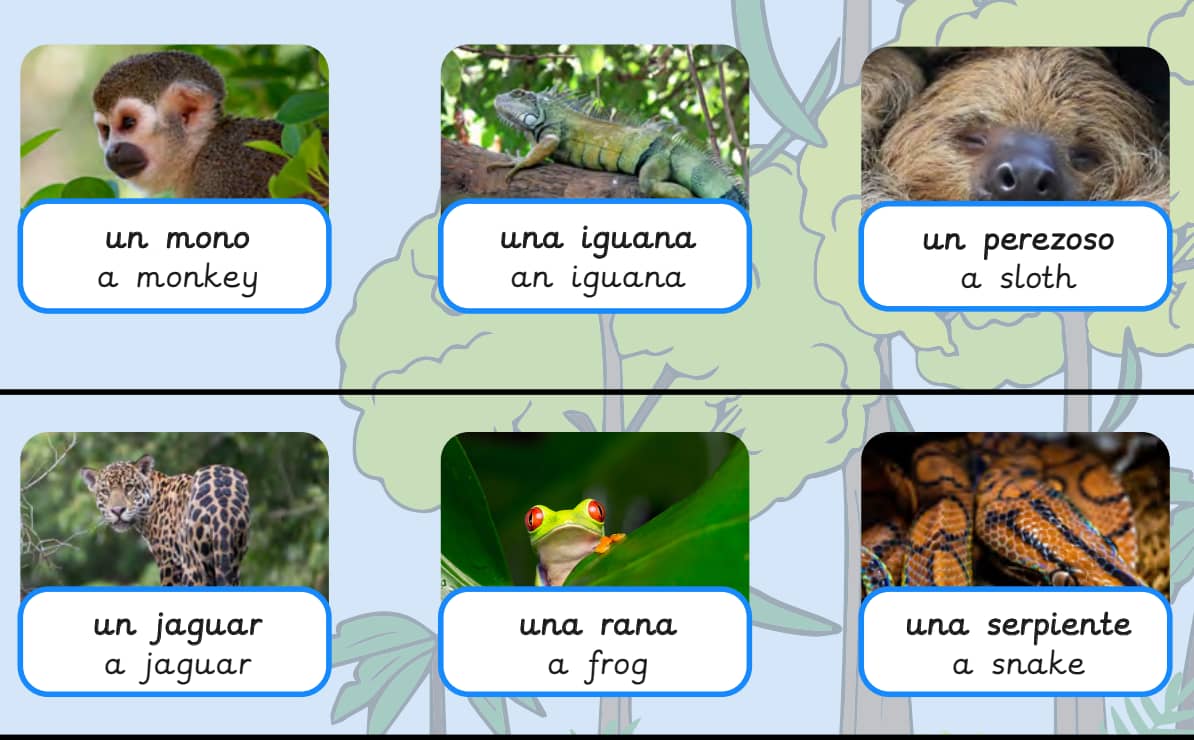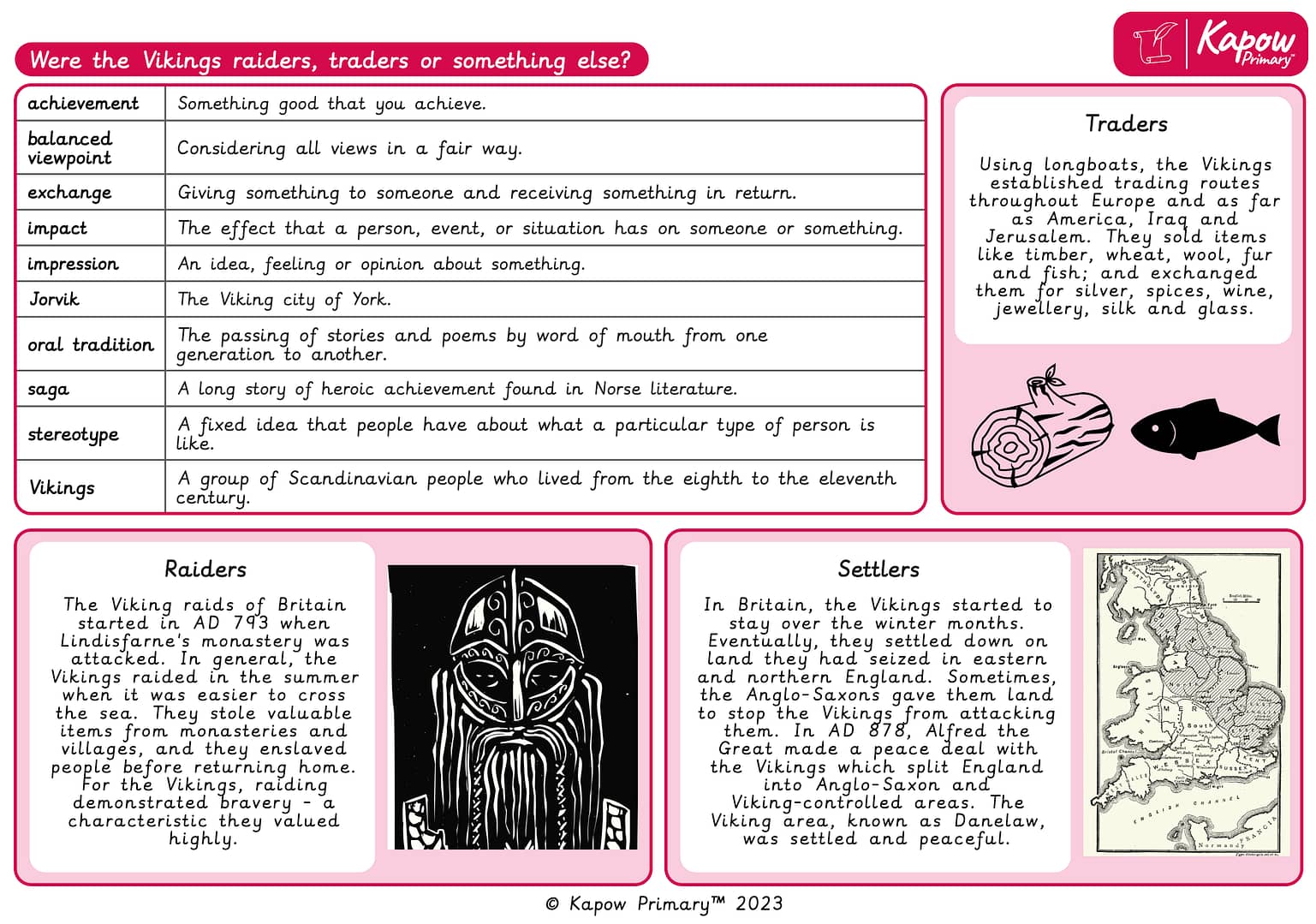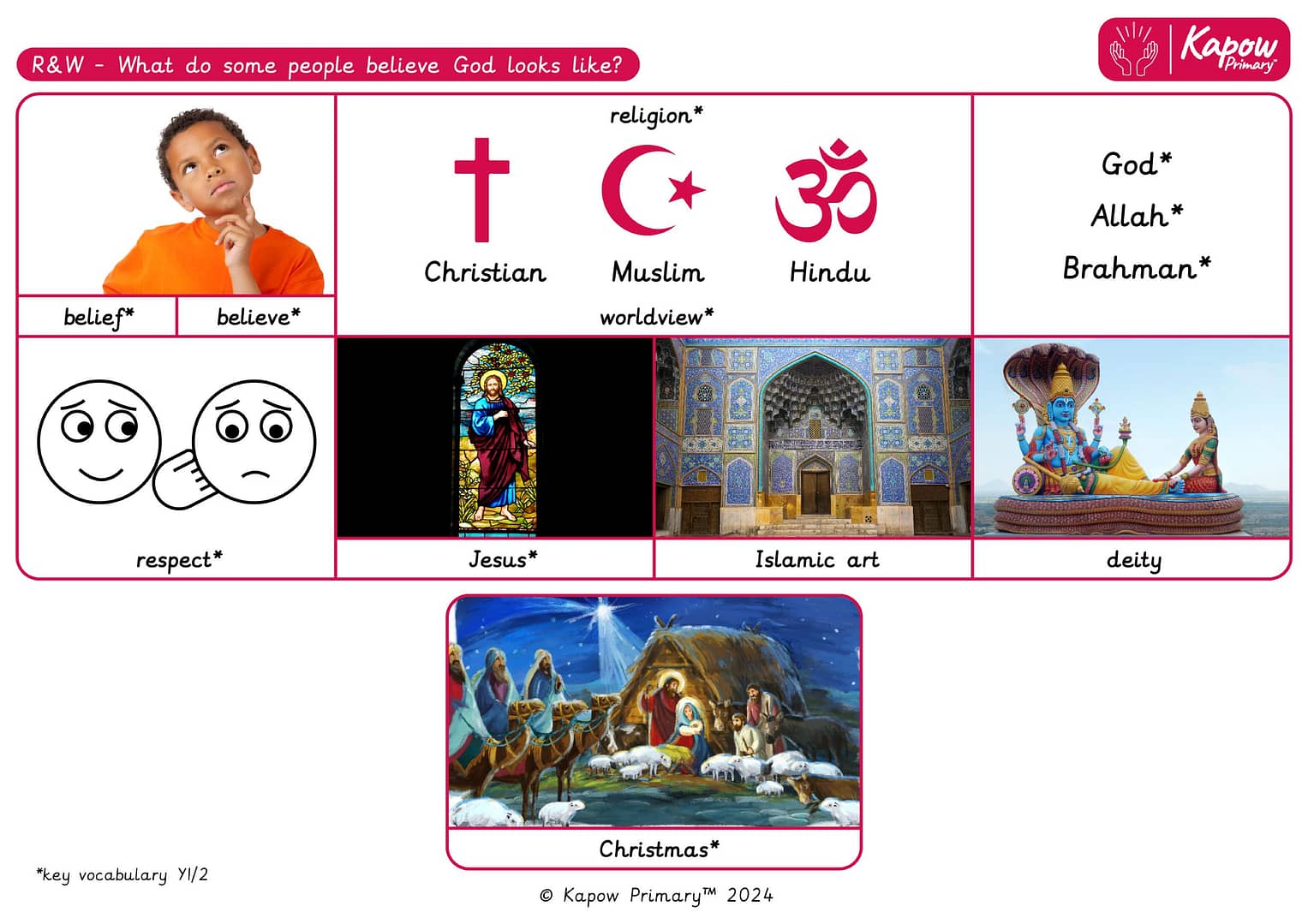
A Knowledge organiser that captures the essential knowledge and skills learnt throughout the mixed-age unit Religion and worldviews, Y1/2 (A), What do some people believe God looks like?
This resource is designed to support pupils as they begin to explore how different religions express their beliefs about God. It introduces key vocabulary including “belief,” “deity,” “Brahman,” and “Allah,” alongside visual representations of Christian, Muslim, and Hindu worldviews. Through images of Jesus, Islamic art, and Hindu deities, pupils gain a visual and conceptual understanding of how ideas of God are expressed in different faiths. This organiser promotes respect for diversity and helps lay the foundation for future learning in religious education.
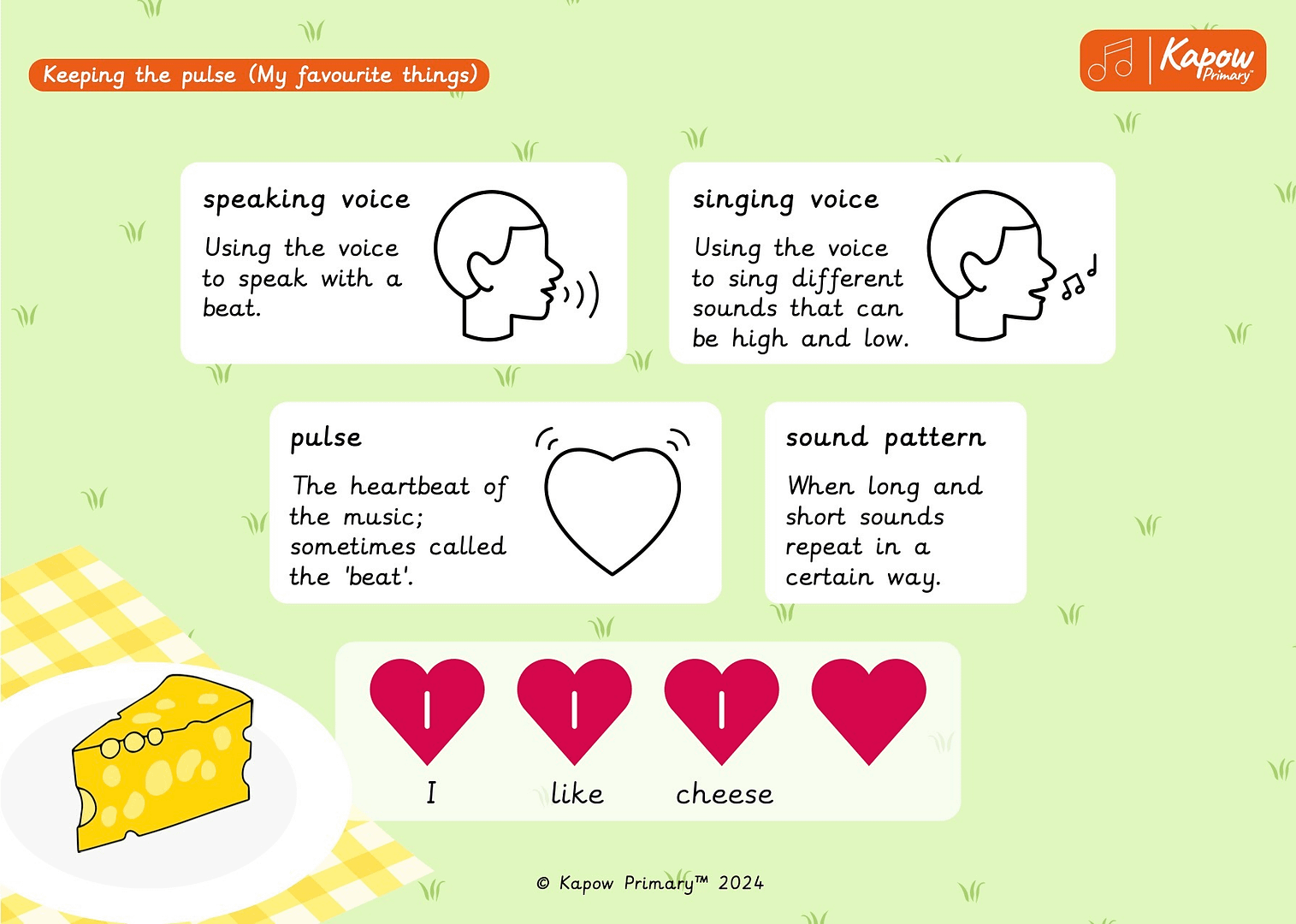
A Knowledge organiser that captures the essential knowledge and skills learnt throughout the unit Music, Year 1, Keeping the Pulse.
This Music resource is designed to support the pupils as they explore the concept of pulse and its role in music. It introduces key vocabulary such as beat, rhythm, tempo, steady pulse, and movement, helping the pupils understand how pulse provides structure to music. The pupils will also learn to recognise and maintain a steady pulse through listening activities, movement, and instrumental performance, reinforcing their rhythmic awareness and coordination.
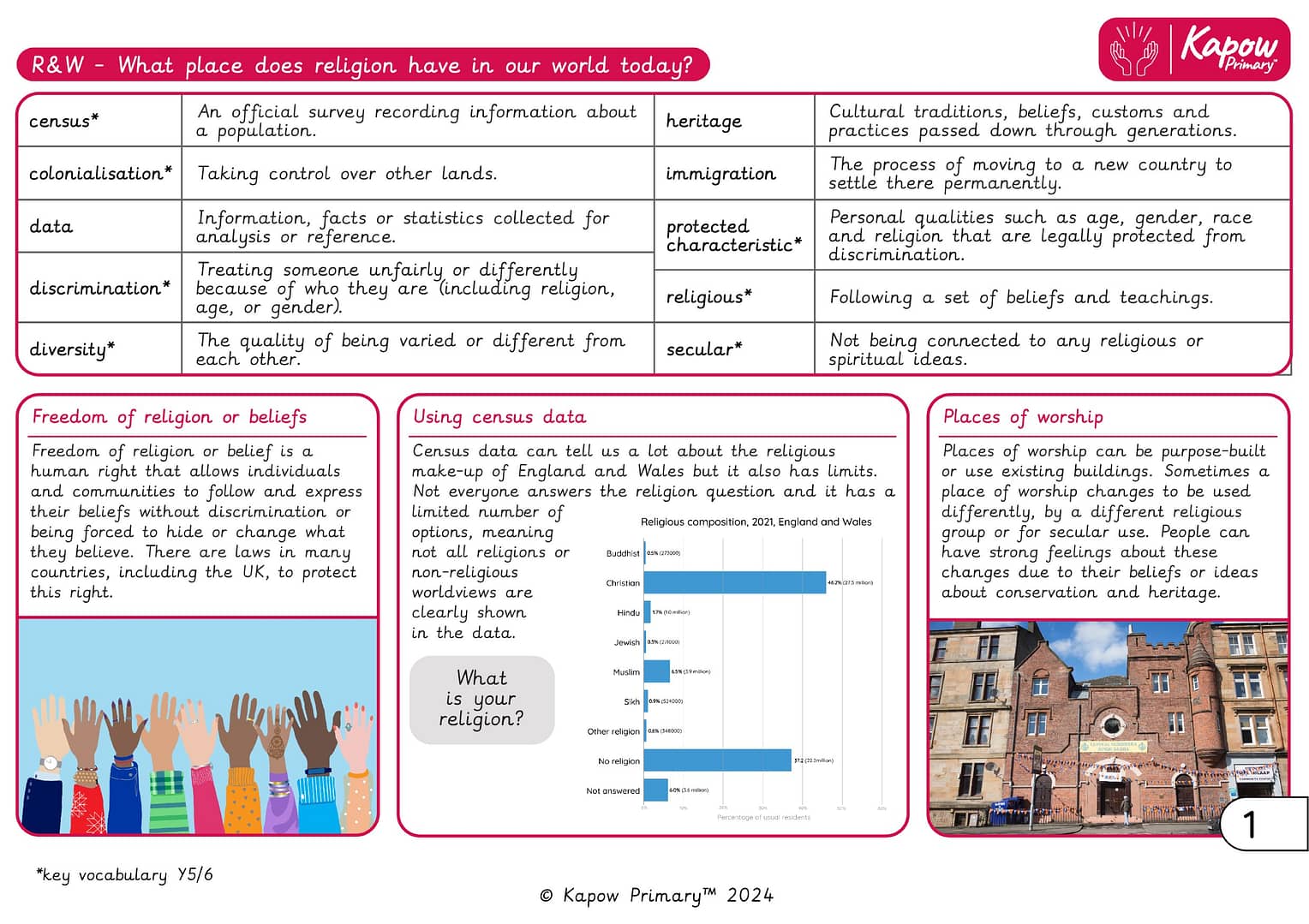
A Knowledge organiser that captures the essential knowledge and skills learnt throughout the unit Religion and Worldviews, Year 6, What Place Does Religion Have in Our World Today?
This Religion and Worldviews resource is designed to support the pupils as they explore the role of religion in contemporary society. It introduces key vocabulary such as secularism, faith, diversity, community, and belief, helping the pupils understand how religion influences culture, ethics, and social values. The pupils will also learn about different perspectives on the relevance of religion in modern life and how religious and non-religious worldviews shape communities.
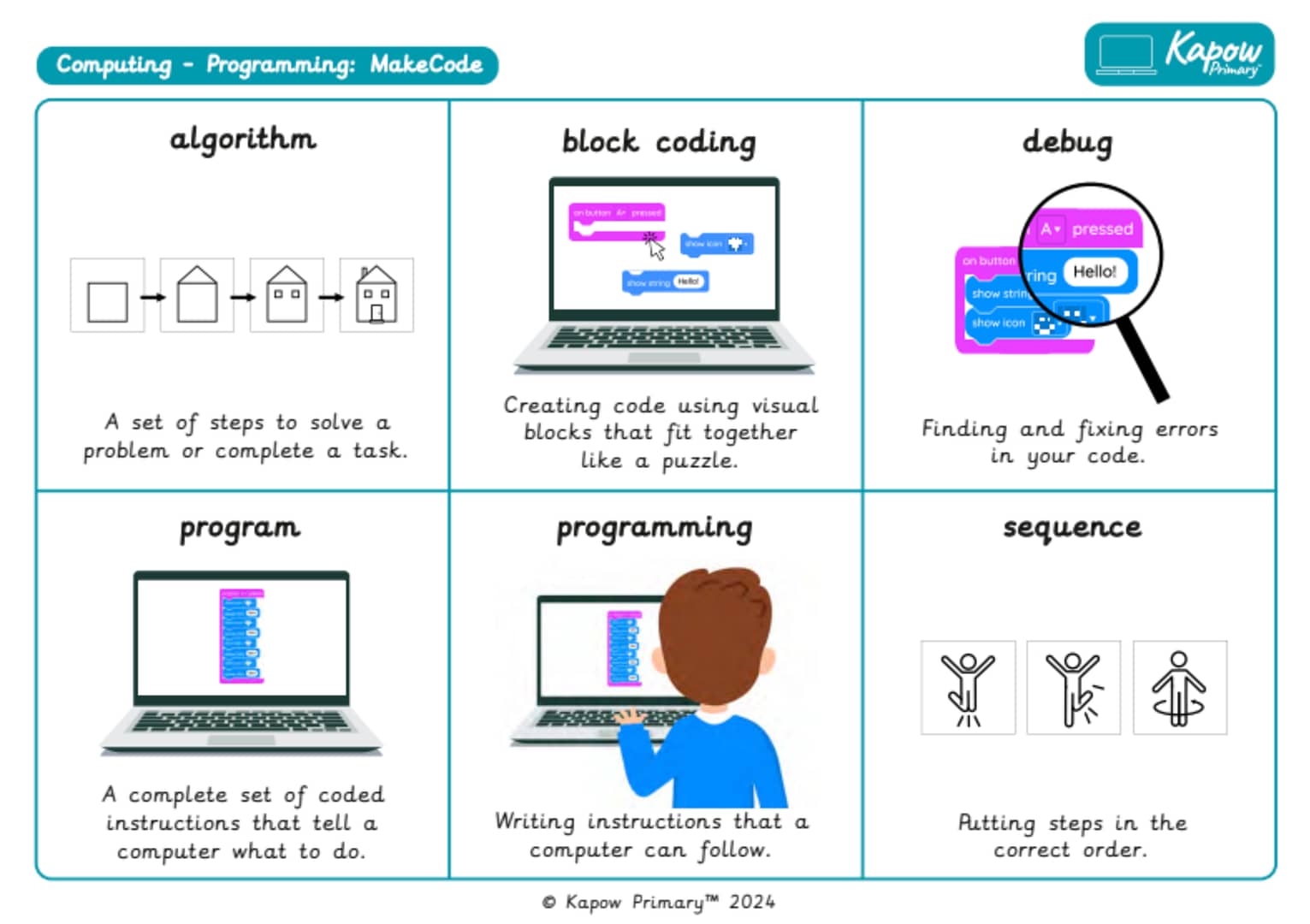
A Knowledge organiser that captures the essential knowledge and skills learnt throughout the unit Computing, Year 2, Programming: MakeCode.
This resource is designed to support the children as they develop their understanding of programming using MakeCode. It introduces key vocabulary and concepts, such as algorithms, block coding and debugging, helping the children build a strong foundation in Computing. The organiser also explores how the BBC micro:bit can be programmed to display patterns and messages, reinforcing essential coding skills. It is perfect for consolidating knowledge and supporting the children as they learn to create, test and debug their own programs.





